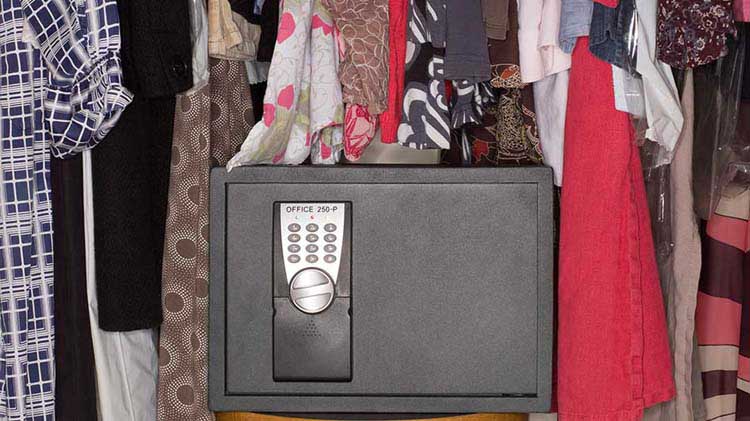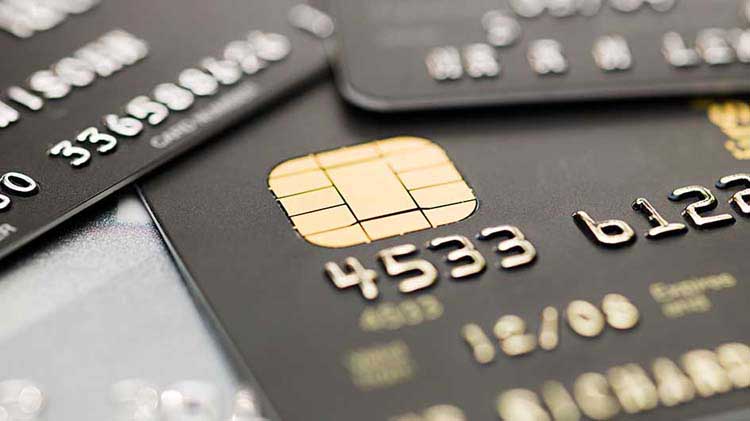Types of personal assets and how to manage them
The basics on the types of assets, how to protect them and when it's time to liquidate.
Many people associate the term assets with wealthy people who own multiple homes or large stock portfolios. But regardless of your financial status, you likely have possessions of value. These possessions are your assets.
What is an asset?
An asset is property or capital owned by a person or company that has an economic value. Financial assets are investments that include stocks and corporate bonds as well as other securities.
An asset is an item that can be converted to cash — in simple terms, sold for money. If you own a home, it's likely your most valuable asset. Besides real estate, other common personal assets of value include:
- Cars
- Jewelry
- Furniture
- Electronics
- Collections, like art or antiques
- Bank accounts
- Stocks and bonds
- Certificates of deposit
You probably have many other belongings, which technically are also assets. But not all of these belongings may have a lot of value. It's important to note that the value of an item is what you would receive if you sold it — which differs from its replacement cost — or the price of buying the same item again.
The total of your assets minus your liabilities (what you owe) determines your net worth.
Liquid assets vs fixed assets
Assets fall into two categories: liquid and fixed.
Liquid assets, also known as short-term assets, can be converted quickly and easily to cash. The most common liquid assets are checking and savings accounts, since you're able to withdraw your funds as needed. Emergency funds are often kept in savings or money market accounts for this reason.
Other liquid assets include life insurance policies that have a cash surrender value, savings bonds, stocks and certificates of deposit without withdrawal penalties.
Fixed assets, or long-term assets, aren't as accessible as liquid assets because they're not easily convertible to cash. Examples of fixed assets include your vehicle, collections of art or antiques, jewelry, and real estate, such as your home.
How can I protect my assets?
You build assets by saving and planning for them. And as you build your assets, it's important to insure and keep a record of them in case of burglary, fire or some other type of disaster.
Liquid assets should be recorded. Consider keeping documentation — including account numbers, certificates and insurance policies — in a safe place, such as a safe deposit box at the bank or in a fire safe at home. Just in case, make copies of original documents and back up computer files regularly.
Fixed assets should also be tracked ― record both their value and replacement cost. Having a thorough and accessible home inventory may assist in the recovery process in the event of a loss. Start by assessing the value of significant items, like a home and car. Move on to other items that you can easily take photos or video of to store with receipts or appraisals. Don't forget to update your inventory when you add assets, or if items change in value.
Lastly, make sure you're not the only one who knows where and how to access these important records. Your spouse, a grown child or a trusted friend should know necessary computer passwords and have access to safes and safe deposit boxes.
What should I know about liquidating assets?
Want to buy a home? Or start a small business? Liquidating assets is one way to access money when you need it.
When you liquidate, do so smartly. Make a plan based on the money you need, and know the current value of your assets before selling. Consult a professional for help with any specialized sales, such as real estate or collections of art.




